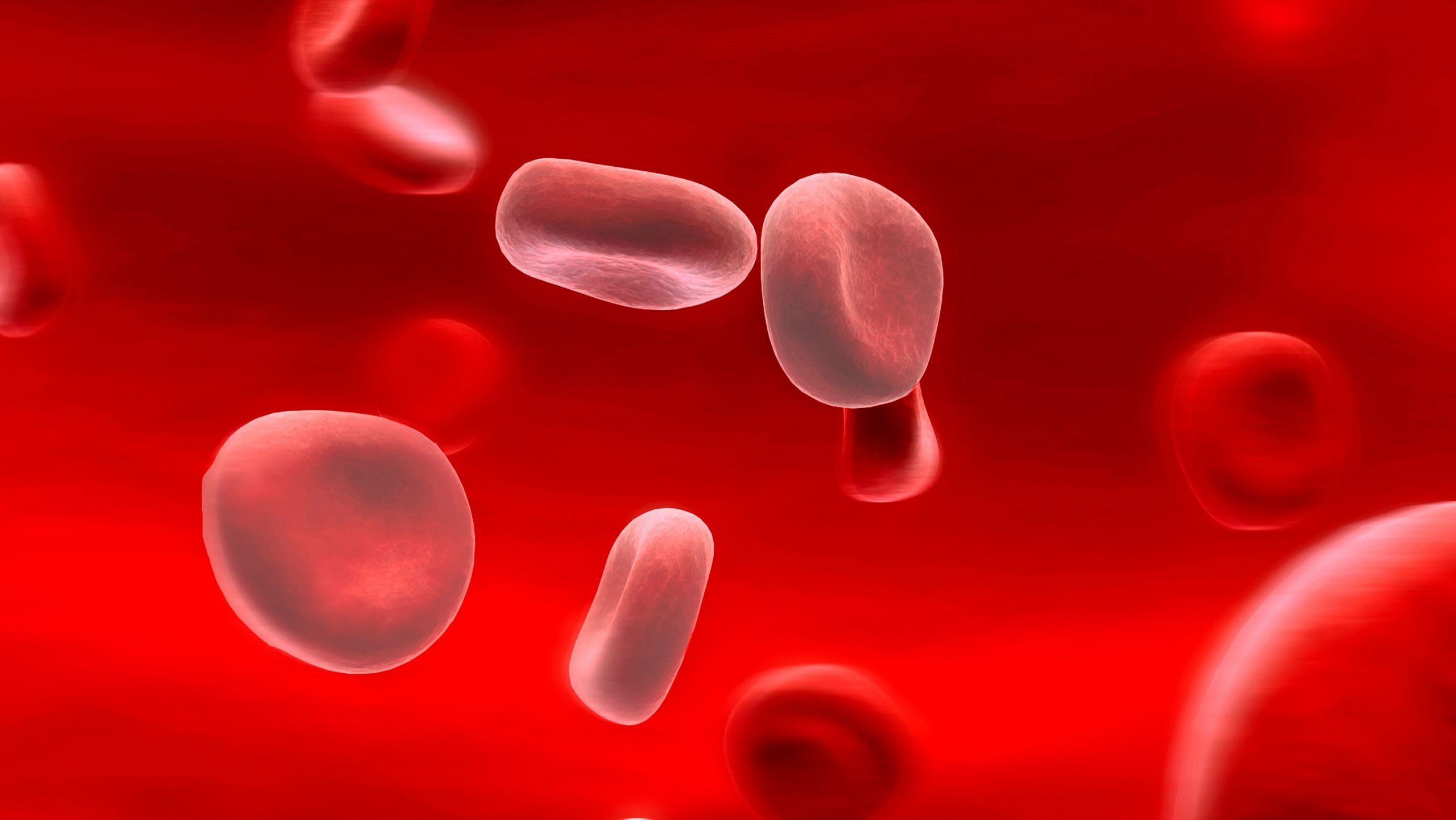Pale, tired, unfocused – typical signs of iron deficiency. Why you should take it seriously and which treatment helps, you can find out here.
Iron deficiency – what is it?
Iron is vital for the body because it binds oxygen in the blood pigment haemoglobin – the most important component of red blood cells. This allows oxygen to be transported into the cells. Women need about 15 milligrams of iron a day, during pregnancy about twice as much. If the iron requirement is not met, iron deficiency occurs. If the body lacks the trace element, anaemia can occur.
Causes for iron deficiency
Worldwide, one in four people suffer from iron deficiency, and the deficiency symptom is particularly widespread in developing countries. Women of childbearing age are particularly often affected, in Europe one in ten. The main cause is the woman’s menstrual period: blood loss leads to iron deficiency. The following diseases can also trigger iron deficiency:
- Myomas
- Endometriosis
- Stomach Ulcers
- Hemorrhoids
- Tumors in the gastrointestinal tract
Blood donations can also be responsible for iron deficiency.
Besides pregnant and nursing women, vegetarians and vegans often suffer from the deficiency, because meat is an important supplier of iron. Also at risk are all people whose bodies cannot absorb iron well from food – because they suffer from diarrhoea or have had a stomach operation.
Which symptoms should make me sit up and take notice?
The following symptoms occur with a deficiency of iron:
- Pallor
- Tiredness
- Lassitude
- Concentration disorders
- Susceptibility to infections
- Dry skin
- Brittle hair / hair loss
- Nails: grooves and discoloration
Iron requirements and diagnosis: How do I know if I am affected?
Iron deficiency can be easily detected with a blood test. It is more difficult to determine the cause. The cause can be malnutrition, but blood loss is also possible. Therefore, the doctor will examine the stool and perform a gastrointestinal endoscopy.
Some people cannot absorb iron properly in their bodies. This can be determined with a so-called iron absorption test. The doctor measures the iron content in the blood, gives iron and then repeats the measurement.
How can iron deficiency be treated?
Iron tablets and a diet rich in iron help to cover the iron requirement. This takes several months, as the body can only absorb iron in limited quantities. Iron supplements should not be taken without medical supervision as they can easily be overdosed.
If the iron deficiency was caused by a disease such as endometriosis, stomach ulcers or haemorrhoids, it is also important to start the therapy by addressing the causes.
How can I protect myself?
Healthy people who eat a balanced diet absorb enough iron through their diet. Our body can absorb iron from animal food better than from vegetable food, so meat is the most important source of iron. But the following foods also help to balance our iron balance and should be eaten regularly:
- Beans
- Nuts
- Wholemeal products
- Linseed
- Quinoa
- Oatmeal
- Spinach
Caution: Coffee, tea and milk hinder the absorption of iron, vitamin C improves it.

